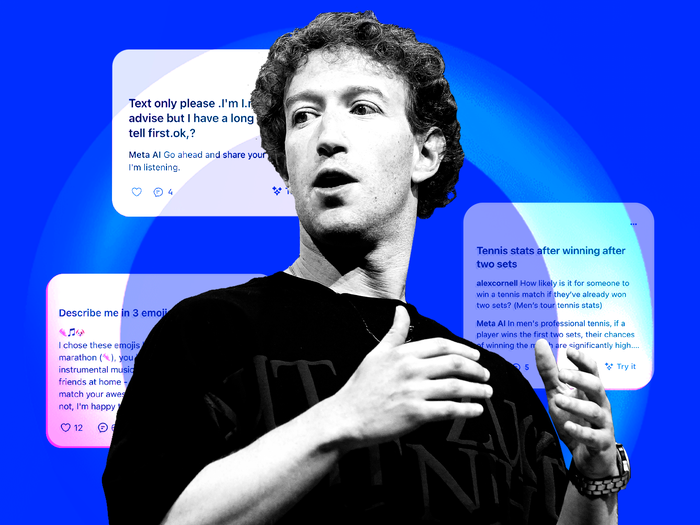Spotify has removed over 75 million “spammy” tracks from its platform in the past 12 months, with a significant portion being AI-generated content designed to game the streaming economy. This sweeping cleanup, announced on September 25, 2025, in Spotify’s official blog post, comes amid the explosion of generative AI tools that have made it easier for bad actors to flood the service with fraudulent uploads. The removals—rivaling nearly 75% of Spotify’s total catalog of 100 million tracks—target tactics like mass uploads, duplicates, SEO hacks, and artificially short tracks exploiting the 30-second royalty threshold. As part of the initiative, Spotify is rolling out enhanced spam filters, stricter impersonation rules, and AI disclosures to protect artists and listeners.
For music fans frustrated by low-quality filler, creators fighting for fair royalties, and industry watchers in the $30 billion streaming market, this crackdown underscores the double-edged sword of AI: empowering innovation while enabling abuse. With Deezer reporting up to 70% of AI track plays as fraudulent and 30,000 AI uploads daily, Spotify’s moves aim to restore trust without stifling legitimate AI use. Let’s dive into the details, new policies, and broader implications.
The Scale of the Problem: 75 Million Tracks and Rising AI Fraud
Spotify’s purge highlights the surge in AI-enabled spam since generative tools like Suno and Udio democratized music creation. In the past year—a period of rapid AI advancement—the company detected and deleted 75 million tracks, many of which were ultra-short (under 30 seconds) duplicates or imitations uploaded en masse to siphon royalties. These “slop” tactics, as Spotify calls them, have proliferated because AI lowers barriers: Anyone can generate thousands of tracks for pennies, then use bots for artificial streams.
Key stats from Spotify’s announcement:
- Removals Breakdown: Includes deepfakes (unauthorized artist voices), mass uploads (thousands per account), and SEO-manipulated metadata.
- Fraudulent Plays: Up to 70% of AI-generated track streams are fake, per Deezer’s parallel findings, diverting payouts from human artists.
- Upload Volume: Over 100,000 tracks added daily; AI now accounts for 28% of Deezer’s submissions (30,000+ per day).
The Guardian reported in July 2025 on cases like the fake band The Velvet Sundown, which amassed 1 million streams with AI-generated albums before exposure. Spotify’s head of music, Charlie Hellman, emphasized: “We envision a future where artists control how AI enhances their work, not undermines it.”
New Policies: Spam Filters, Impersonation Bans, and AI Labels
Spotify’s response is a three-pronged strategy to balance openness with enforcement, rolling out over the coming months:
- Music Spam Filter: A new system to detect and tag abusive uploads—mass duplicates, short-track abuse, and SEO tricks—before they hit recommendations or playlists. It will block fraudulent accounts proactively.
- Impersonation Enforcement: Vocal deepfakes and unauthorized likenesses are banned unless the artist consents. Review times for “mismatch” reports are slashed, allowing pre-release takedowns.
- AI Disclosures: Tracks with AI elements (vocals, instrumentation, post-production) must carry industry-standard credits, displayed in the app for transparency. This helps listeners spot generated content.
These measures build on a decade of anti-spam investments, but AI’s speed has outpaced prior tools. Spotify assures that legitimate AI use—e.g., artists experimenting with synths or Auto-Tune—remains welcome.
Implications: Protecting Creators in a $10 Billion Royalty Pool
For artists and songwriters, the crackdown safeguards the $10 billion Spotify paid out in 2024 (up from $1 billion in 2014), ensuring royalties flow to humans, not bots. Indie creators, often hit hardest by spam dilution, gain from faster impersonation removals. Listeners benefit from cleaner feeds, reducing “slop” in algorithms. The Industry sees a model for AI governance, potentially influencing labels like Universal and Sony.
Challenges persist: AI’s creativity (e.g., meditation tracks or ambient loops) blurs lines with fraud, and enforcement may lag uploads. Deezer’s 70% fraudulent play detection shows the scale, with Spotify estimating minimal impact on listening habits so far.
Conclusion: Spotify’s AI Cleanup – A Necessary Reckoning
Spotify’s deletion of 75 million AI-generated tracks is a bold stand against the spam tsunami, deploying filters and disclosures to preserve music’s integrity. In a generative era, it balances innovation with protection, ensuring artists thrive amid AI’s flood. As policies roll out, Spotify could set the standard for ethical streaming. Guardian



